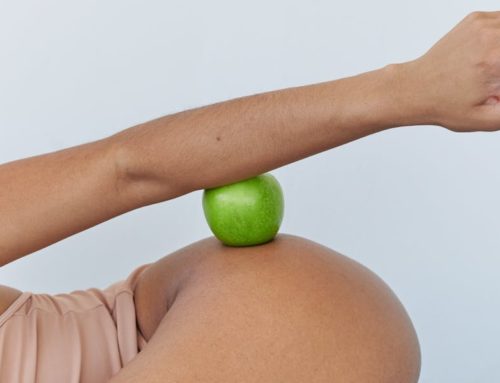As a general societal rule, hormone replacement therapy or HRT is usually reserved for women. We think of menopause, mood swings, and hot flashes when reading an article about HRT. But health and hormones don’t differentiate between the sexes. Men are just as likely to suffer hormone imbalances as they age. At Longevity Care Clinic, we treat both men and women for hormonal imbalance. Our goal is to keep your health and hormones at a balanced level using bioidentical hormone therapy, so you can continue to do the things you enjoy well into your golden years. Low testosterone, also known as male hypogonadism, can be treated through holistic methods or hormone replacement therapies.
What is Testosterone?
A sex hormone that affects several things, such as:
- The development of the testes and the penis in utero
- The deepening of your adolescent son’s voice as he nears puberty
- The growth of facial and pubic hair and the loss of hair [balding]
- Muscle strength, size, and development
- Bone density, growth, and strength
- Libido
- Sperm production in men
- Maintaining a steady mood without aggressive episodes
Although testosterone is one of the several androgens [male sex hormones], women can experience low testosterone too. In women, testosterone impacts ovarian function, bone density, and libido. Produced in large by the gonads in men and the ovaries in women, the adrenal glands in both sexes are responsible for minimal testosterone production. Hormone levels are regulated by the hypothalamus and pituitary glands. There is a hormone imbalance when there is dysregulation in the body.
Overproduction of testosterone in men can lead to:
- Low sperm count
- Heart muscle damage
- Heart attack
- Liver disease
- High blood pressure
- Increased muscle mass
- Mood swings
In women, too much testosterone can lead to:
- PCOS, polycystic ovarian syndrome
- Decrease in breast size
- Deepening their voice
What happens when it’s the reverse and the body doesn’t produce enough testosterone? Just as women experience menopause as they age, men experience low testosterone levels. The body naturally produces fewer hormones as you get older. By the time men reach the age of 45, over one-third are experiencing symptoms of low testosterone. Symptoms range from:
- Reduced body and facial hair
- Loss of muscle mass
- Lowered libido, impotence, and decreased male fertility
- Brittle bones – more likely to develop osteoporosis
- Low energy
- Depression
- Lowered cognitive function
To determine if you have a testosterone-related imbalance, you can take a blood test. The best time to draw a hormone panel to test for testosterone is in the morning when levels are naturally at their highest. Other helpful tests may include:
- Testing for Luteinizing hormone (LH). This helps find the cause of the low testosterone. This particular hormone controls how the body produces testosterone. Any abnormal levels would mean a pituitary gland problem.
- Testing blood prolactin levels, if your prolactin is high, it can mean there is a problem with your pituitary gland or tumors.
- Testing for Hgb or blood hemoglobin.
If it is determined that you have low testosterone, there are healing therapies through hormone replacement available to you. There are many benefits of hormone replacement therapies for both men and women suffering from hormonal imbalance. By restoring your hormones to an optimal level, you can continue to live a healthy, active lifestyle. If you’re concerned about your hormone levels, come and get tested at Longevity Care Clinic, where we can treat any health concerns you may have.







